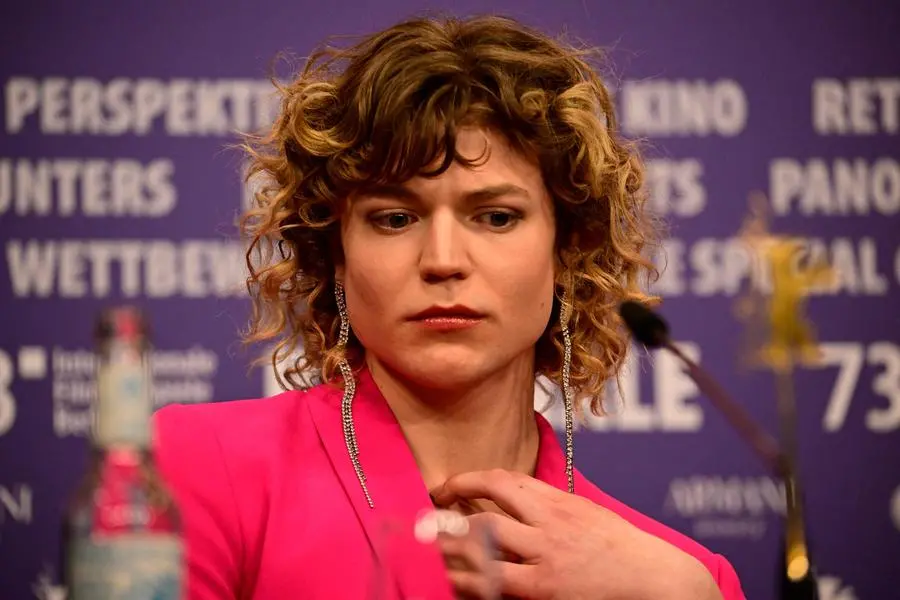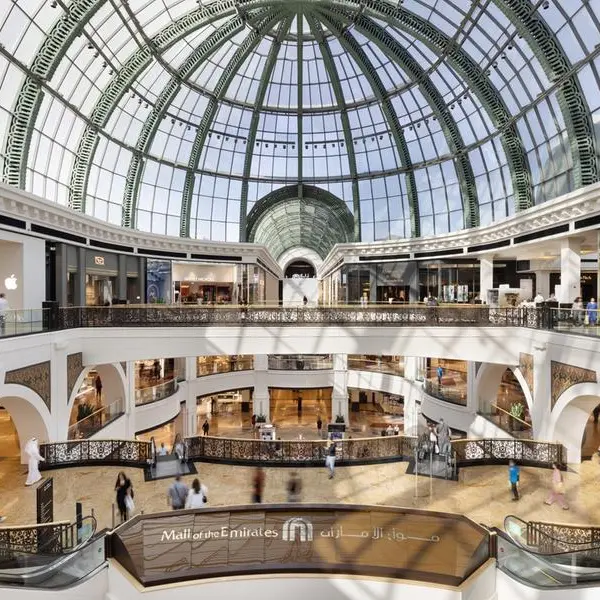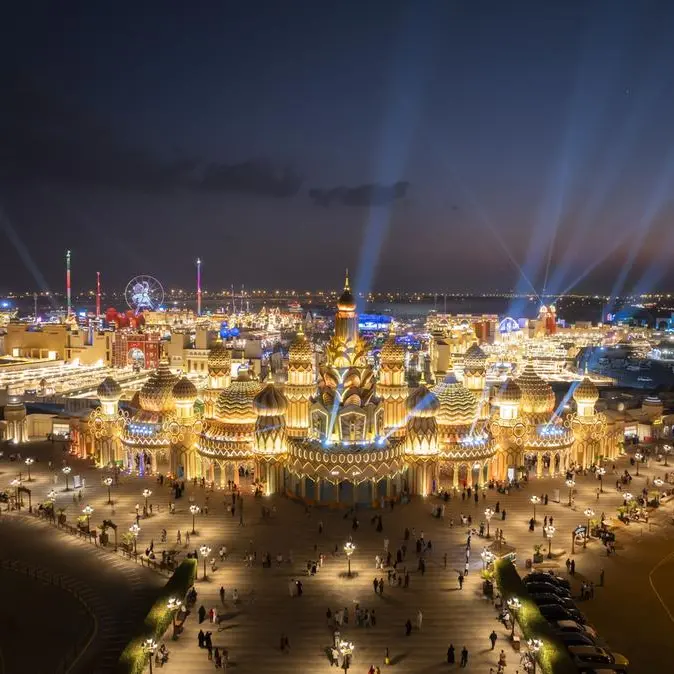PHOTO
The 73rd Berlinale film festival awards its top prizes on Saturday, including the Golden Bear for best picture, after a star-studded edition that highlighted freedom struggles in Ukraine and Iran.
After two years of a reduced format due to pandemic restrictions, the 11-day festival was back in full swing this year, with A-listers such as Cate Blanchett, Helen Mirren and Steven Spielberg walking on the red carpet.
"The Berlinale has come back with a vengeance, and added something that it wasn't especially known for in its pre-pandemic days: star power," said Variety magazine.
The festival reached peak celebrity on Tuesday when U2 frontman Bono -- in town to premiere the documentary "Kiss the Future" -- presented Spielberg with an honorary Golden Bear for lifetime achievement.
The Berlinale, which ranks along with Cannes and Venice among Europe's top cinema showcases, marked the first anniversary of Russia's invasion of Ukraine with a focus on Ukrainian cinema.
President Volodymyr Zelensky, who is the subject of a documentary premiered at the event by two-time Oscar winner Sean Penn, addressed the opening ceremony via video link.
The festival, which traditionally has the strongest political focus of the three big European cinema showcases, also highlighted anti-government protests in Iran with new feature films and documentaries.
- Continent-spanning love story -
There are 19 films from around the world vying for this year's Golden Bear, which will be awarded at a gala ceremony by a jury led by Hollywood star Kristen Stewart, at 32 the youngest president in the festival's history.
Several films from Asian directors are among the top contenders, including "Past Lives", a continent-spanning love story by Korean-Canadian first-time filmmaker Celine Song.
Critics lavished praise on the film, already a breakout hit at last month's US film festival Sundance.
The Hollywood Reporter called it a "remarkably assured debut", while Deadline said Song had created "an elegant and unexpectedly mesmerising character piece that speaks profoundly to the concept of love in the modern age".
Also in the running is Makoto Shinkai's "Suzume", the first Japanese anime to compete for the Golden Bear since Hayao Miyazaki's "Spirited Away" won the prize in 2002.
It follows 17-year-old schoolgirl Suzume as she finds herself caught up in a mission to close a series of magical doors in a bid to prevent earthquakes.
"Although one might feel weary in advance to hear 'Suzume' is yet another anime in which a young person is enlisted into a struggle to save their family/hometown/Japan/the world, this one's a keeper," the Hollywood Reporter said.
- 'Joyous and exhausting' -
Chinese director Liu Jian also premiered an animated film at the festival, the semi-autobiographical "Art College 1994".
Screen Daily said it "evokes a specific time and a place so vividly that you can almost taste the stale cigarette smoke and cheap beer".
Critics were also impressed by "20,000 Species of Bees", the fictional feature debut from Spanish director Estibaliz Urresola Solaguren which tells the story of an eight-year-old transgender girl.
"Arthouse audiences worldwide should respond to the pathos, breadth and humanity of a film that takes a while to build but, when it does, never loses its grip," said Screen Daily.
Another Spanish-language family drama, Mexican director Lila Aviles' "Totem", also emerged as a highlight.
The Hollywood Reporter said it was as "noisy, joyous and as exhausting as the multi-generational bash at the heart of its story".
"Afire" from German director Christian Petzold, about a group of friends whose holiday retreat to the Baltic coast goes horribly wrong, also won praise.
Variety called it "wincingly well-observed and acidly funny", while the Hollywood Reporter said it was "a deceptively simple and straightforward but emotionally layered film".
Last year, Spanish director Carla Simon won the Golden Bear for "Alcarras", a Catalan drama about a family of peach farmers.





















